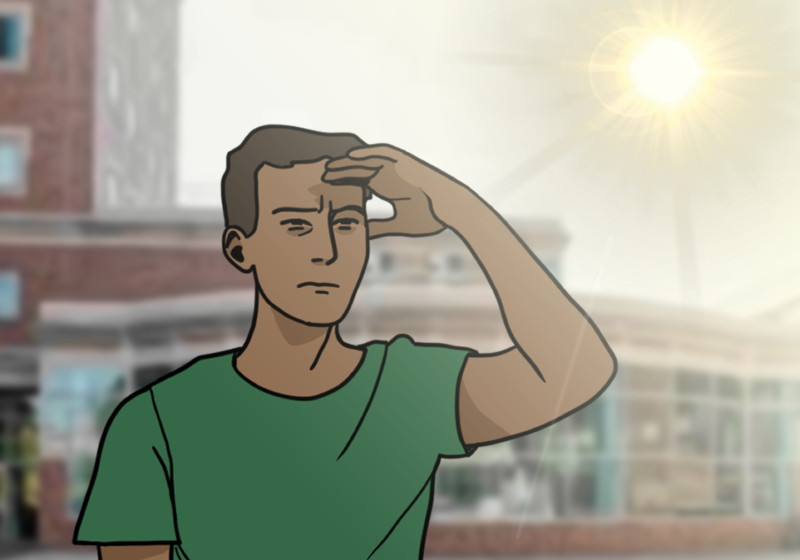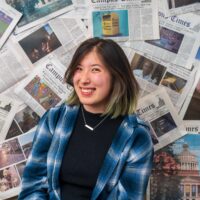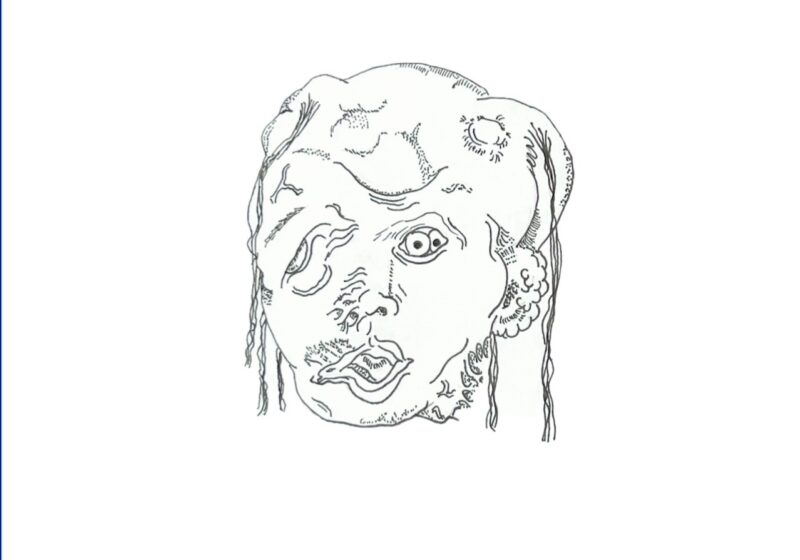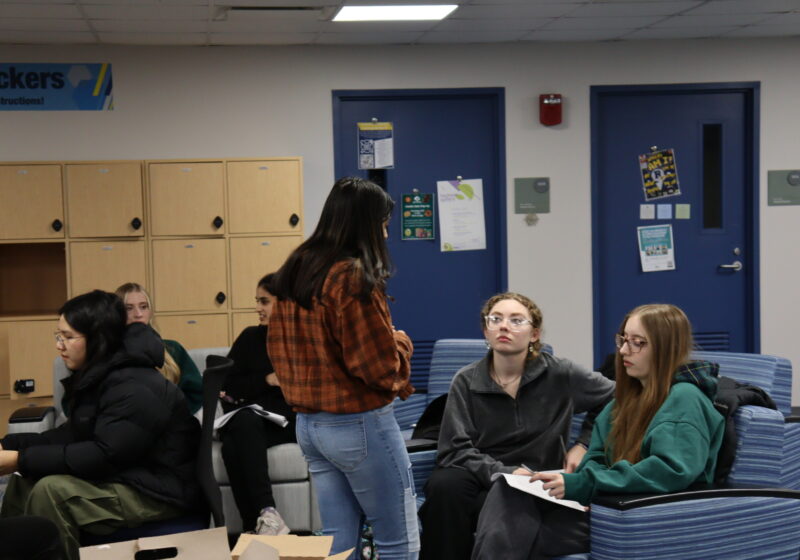With the rise of COVID-19 cases and the imminent realization that life on campus for the fall semester is coming to a close, the student ecosystem has begun to adapt.
The cycle of metamorphosis begins.
Packs of first-years taking BIO 110 and CHEM 131 have succumbed to early onset burnout, and intended pre-meds drop like flies as winter arrives. While this is to be expected, as we all know how many wannabe doctors come out with an anthropology degree, this new year has only expedited that process.
For their fellow students, witnessing the fallout from this shift can be heartbreaking. However, for the nature documenter, being in the thick of such a transient community is akin to landing in a heap of gold.
One of the most intriguing on campus species can usually be observed in the recesses of Carlson Library: the struggling first-year BME major.
The Hajim class (the taxonomic rank under which the genus of BME majors falls) operates primarily within the engineering quad and under piles of depression laundry in each organism’s respective dorm habitat. Each student arrives on campus with a complex spreadsheet that comprises their schedule, and the constraints prove to be equal parts beneficial and detrimental.
The comfort in knowing what lies ahead and only needing to fulfill one cluster requirement lulls some into a false sense of security, but that is immediately disturbed by the intensity of the course load they face. Their Zoom-centric domain is wrought with incorrect textbook answers and confused TAs, and their main forms of sustenance are declining-fueled Starbucks runs at ungodly hours and the occasional crumbs from the beginning of a Douglass Commons study sesh.
Going against the theories of recuperation and adaptation, caffeine replaces not only food and sleep but also every possible substance in the bodies of these students. When interrogated about their means of persisting in this manner, common answers are awkward laughs followed by a sigh or the phrase, “I’m just built different.”
When it comes to social interaction, struggling first-year BME majors follow in the footsteps of their upperclassmen by using Hirst Lounge, iZone, and Rettner Hall as equal parts social crutch and study space, and each has their own individual benefits.
Hirst is adjacent to the sole reason to continue forth in life, which happens to be the slice of cheesecake in the PepsiCo Plaza that calls your name each time you pick up your GrubHub order.
iZone feels just enough like a library space that you can imagine completing work there, but the seating is just cushy enough to provide a comforting backdrop to the hellscape of Panopto lectures.
Finally, the pain of the multi-flight stair climb makes Rettner feel familiar, and it serves as a change of scenery for the study grind.
To the most delusioned, or those considering the medical optics concentration after having it shoved down their throat by the entire department, rotating between these three locations can even be considered “the college experience.”
Despite all of the adversity, the life cycle of a first-year BME major has the occasional splash of solace, such as the dreamy, coma-like state that is entered when searching for grad schools during your first semester of college. Other paltry examples include needing to wipe down your fogged-up glasses and adjust your mask mid-assignment and reconsidering everything after a single experience outside of the Hajim Realm, but there are two main peaks that occur in the emotional states of these scholars.
The first is the euphoria of attending a cluster-fulfillment class, which can be easily compared to the biological mechanisms experienced during mating. The second, and inarguably most impactful, is the knowledge that there is no BME course for first-year spring.
I feel that I have compiled enough information over the past week to give a general overview of this fascinating species and how those within it are adapting to the struggles that plague this semester. Their tale is one that I will carry with me for the rest of my time here. Most importantly, they have taught me a truly invaluable lesson: thank goodness for the humanities.







